We don’t know a single property owner who gets uncontrollably excited when tax time comes around. We get it! The legalese can be confusing, the paperwork daunting, and the thought of having to pay the CRA a huge chunk of money isn’t always the most appetizing. If you run investment properties or rental property, all of these issues compound and can result in an extremely stressful tax time. Fortunately, getting your taxes done doesn’t have to be traumatic. A little preparation and teamwork can actually have you coming out on top. As an investor, here are the most important things you need to know come tax season.
Current vs. Capital Expenses
Knowing the difference between current and capital expenses is key to filing an accurate return and taking full advantage of your potential tax deductions.
- Current Expense. These are costs that tend to recur after a short period of time and/or returns the property to its original condition. Think of these expenses like regular maintenance. These could include things like painting a wooden home’s exterior or electrical repairs.
- How to File Them: These expenses will apply to the current year and will need to be filed accordingly.
- Capital Expense. Alternatively, these are improvements that offer a lasting benefit or advantage. Think of these more like renovations that increase the value of the home. This may be in the form of vinyl siding on exterior walls or replacing wooden steps with concrete ones.
- How to File Them: Unlike current expenses, capital expenses are seen as long-lasting and must be divided over a few years’ taxes.
Deductible Expenses
The CRA allows several different types of deductions for investment properties:
- Advertising
- Insurance
- Office Expenses
- Professional Fees
- Management Fees
- Repairs & Maintenance
- Salaries & Wages
- Property Taxes
- Travel
- Utilities
- Prepaid Expenses
Non-Deductible Expenses
Alternatively, there are some expenses that are not tax-deductible:
- Land Transfer Taxes
- Mortgage Principal
- Penalties
- Your Own Labour
- Personal Portion of Expenses, for example: if you live in a unit of your property.
Developing an Effective Tax Strategy
- Plan Out Renovations Methodically. Knowing that your expenses will need to be claimed differently depending on whether they are capital or current, develop your game plan accordingly. Capital expenses are a slow burn when it comes to deductions, they can take years to be fully applied. Alternate these larger improvements with the maintenance-style upgrades of current expenses to keep generating deductions over a longer period of time.
- Keep Those Receipts Organized! It’s clear to see from this guide that there are a multitude of expenses you can claim. Don’t lose out on deductions simply because you’re disorganized. Keep all of your paperwork that even remotely applies to each of these categories in a safe, well-labelled file cabinet.
- Work with a Property Management Company. While this may seem like a shameless plug, the reality is that the CRA isn’t going to pay you back for the personal blood, sweat, and tears you pour into this property. They will, however, write-off things such as advertising, office expenses, and management fees. These are all services you can take advantage of through reputable businesses like GIL Property Management.
Tax season doesn’t have to induce hair-pulling stress. Utilize the tips above to implement an effective tax strategy for your investment properties and help you come out on top this upcoming spring. For more advice, guidance, and expert tips, reach out to our team at GIL Property Management today!


